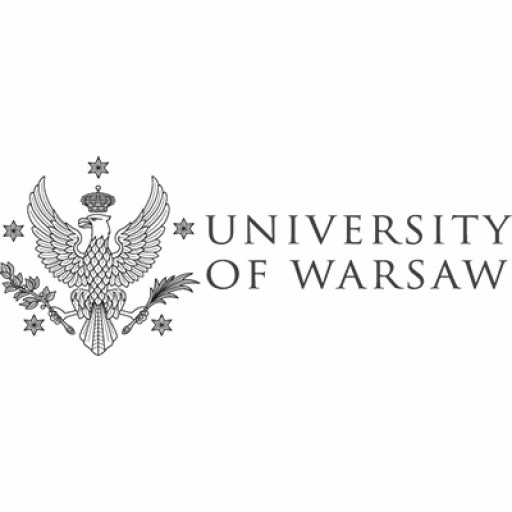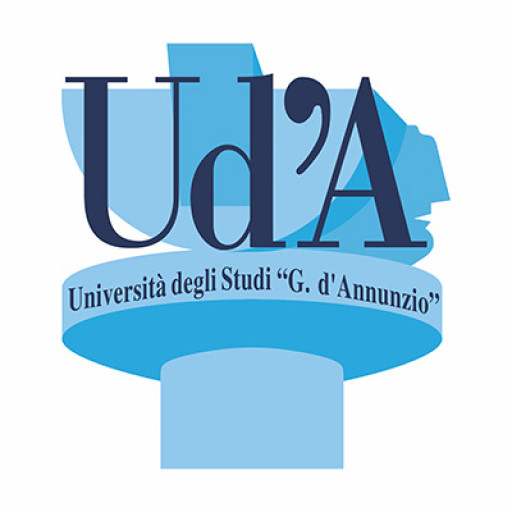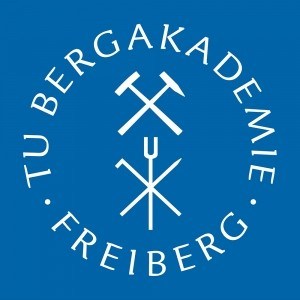Photos of university
Development Economics at City University offers a comprehensive and rigorous program designed to equip students with the analytical tools and practical knowledge necessary to understand and address the complex challenges faced by developing countries. This programme integrates theoretical frameworks with real-world applications, focusing on issues such as economic growth, inequality, poverty reduction, sustainable development, and global economic integration. Students will explore key topics including poverty measurement and alleviation strategies, the role of institutions and governance, international trade and finance, environmental sustainability, and the impact of technology and innovation on economic development. The curriculum combines core courses in microeconomics, macroeconomics, and econometrics with specialized modules that delve into development policies, case studies, and empirical research methods. Through a mixture of lectures, seminars, and hands-on projects, students will develop critical thinking and analytical skills to assess development strategies and policies effectively. The programme also emphasizes the importance of multidisciplinary perspectives, encouraging engagement with areas such as political science, sociology, and environmental studies to provide a holistic understanding of development issues. Students will have opportunities to participate in research collaborations, internships, and fieldwork, gaining practical experience and insights into current development challenges and solutions. Career prospects for graduates include roles in international organizations, governmental agencies, NGOs, research institutions, and consulting firms working on development projects. The City University’s strong links with industry and policy makers ensure that students are well-prepared to contribute to sustainable and inclusive development initiatives globally. By completing this programme, students will be equipped with the knowledge, skills, and global outlook necessary to foster equitable growth and development in diverse economic and cultural contexts.
The MSc in Development Economics at City University offers a comprehensive and rigorous curriculum designed to equip students with the analytical tools and practical knowledge necessary to address the complex challenges of economic development in varying global contexts. The program is tailored for individuals aspiring to work in policy analysis, international organizations, research institutions, or development agencies, providing a solid foundation in economic theory, quantitative methods, and development-specific issues.
Throughout the course, students explore core topics such as economic growth and income distribution, poverty and inequality, health and education, environmental sustainability, and the role of institutions in fostering development. The program emphasizes the application of econometric techniques and statistical analysis to real-world problems, enabling students to design and evaluate policies aimed at promoting sustainable development and reducing disparities.
The curriculum is structured into a series of modules that include microeconomics, macroeconomics, development economics theory, and empirical research methods. In addition, students have opportunities to specialize through elective courses covering areas such as international trade, financial markets, and governance in developing countries. Practical components such as case studies, seminars, and research projects enhance experiential learning and foster critical thinking.
Students are encouraged to engage with contemporary issues faced by developing economies, including global poverty, climate change, urbanization, and technological innovation. The program also provides a strong emphasis on quantitative skills, including proficiency in statistical software packages, data analysis, and econometric modeling.
To facilitate a global perspective, City University invites renowned academics and practitioners from the field of development economics to deliver lectures and workshops. The program culminates with a dissertation that involves original research, allowing students to deepen their understanding of a specific topic of interest within development economics.
Graduates of this program will be well-prepared to pursue careers in international development organizations, governmental agencies, research institutions, consulting firms, or to continue their studies at the doctoral level. The MSc in Development Economics at City University is committed to fostering analytical acumen, policy-oriented thinking, and a deep understanding of the dynamics shaping economic development worldwide.
A Bachelor's degree program in Development Economics at City University typically requires applicants to possess a strong academic background in economics, mathematics, and related social sciences. Prospective students are generally expected to hold a high school diploma or equivalent with competitive grades, especially in quantitative subjects. The admission process may also consider relevant extracurricular activities and motivation for studying development economics.
The program curriculum is designed to provide students with a comprehensive understanding of economic theories and their applications to developing countries. Core courses include Microeconomics, Macroeconomics, Development Theory, International Economics, and Economic Policy. Additionally, students are required to undertake specialized modules such as Poverty Analysis, Sustainable Development, Agricultural Economics, and Global Trade. Quantitative methods are emphasized throughout the program, with courses in Econometrics, Data Analysis, and Statistical Software to equip students with practical research skills.
In addition to coursework, the program usually mandates participation in seminars, workshops, and research projects supervised by faculty members. Many programs also include an internship component or fieldwork experience to give students real-world exposure to development challenges and policy implementation. To successfully complete the degree, students must pass examinations and assessments for each module, maintain a minimum academic standing, and submit a final dissertation or research project focusing on a relevant development issue.
Language proficiency requirements may include an acceptable score in IELTS or TOEFL if the applicant's native language is not English. Some programmes may also require a personal statement or letter of motivation, and letters of recommendation from previous teachers or academic mentors. Overall, the Degree in Development Economics aims to prepare graduates for careers in international organizations, government agencies, NGOs, research institutes, or further postgraduate studies, emphasizing a solid foundation in economic analysis and practical development applications.
The Financing Studies program at City University offers a comprehensive curriculum designed to equip students with an in-depth understanding of financial concepts, tools, and applications relevant to development economics. The program emphasizes the importance of sustainable financial solutions in addressing global development challenges, focusing on areas such as microfinance, financial markets, international finance, and development banking. Students are trained to analyze financial data, assess risks, and develop innovative financial strategies to promote economic growth and reduce poverty in developing countries. The coursework includes a mix of theoretical knowledge and practical skills, with opportunities for internships and real-world projects in collaboration with financial institutions and development agencies. The program prepares graduates for careers in financial consultancy, policy analysis, development project financing, and international organizations. City University ensures that the curriculum is regularly updated to reflect the latest trends and innovations in the finance sector, incorporating case studies, simulations, and guest lectures from industry experts. Financial support options are available for eligible students, including scholarships, bursaries, and loans, making the program accessible to a diverse student body. The university also offers guidance on finding external funding sources and supports students in applications for financial aid. Overall, the Financing Studies program aims to develop highly skilled professionals capable of designing and implementing effective financial strategies for sustainable development, contributing to economic stability and growth worldwide. The program resources include state-of-the-art financial labs, extensive digital libraries, and experienced faculty members dedicated to student success.
Development Economics at City University offers an in-depth exploration of economic development theories, policies, and practices relevant to low and middle-income countries. The programme provides students with a comprehensive understanding of the structural issues, institutional challenges, and policy options that influence economic growth and development. Throughout the course, students examine topics such as poverty reduction, inequality, globalization, sustainability, and the role of government and international organizations in fostering development. The curriculum integrates theoretical frameworks with empirical analysis, enabling students to critically assess development strategies and design effective interventions.
One of the key features of this programme is its interdisciplinary approach, combining insights from economics, sociology, political science, and environmental studies. This enables graduates to approach development challenges from multiple perspectives and develop innovative solutions. The programme is designed for students aiming to pursue careers in international development agencies, government departments, non-governmental organizations, or research institutions. The teaching methodology includes lectures, seminars, case studies, project work, and internships, providing practical experience alongside academic learning.
City University collaborates with various international partners to enhance the quality and relevance of the programme. Students have access to state-of-the-art research resources, datasets, and analytical tools to support their studies. The programme also emphasizes the development of skills such as data analysis, policy evaluation, project management, and effective communication, which are essential for successful careers in development economics. Graduates of this programme are equipped to contribute to sustainable economic growth, address social inequalities, and promote economic stability in diverse contexts. The programme duration, entry requirements, and specific modules may vary, but generally, it prepares students to analyze complex development issues critically and develop evidence-based policy solutions.









